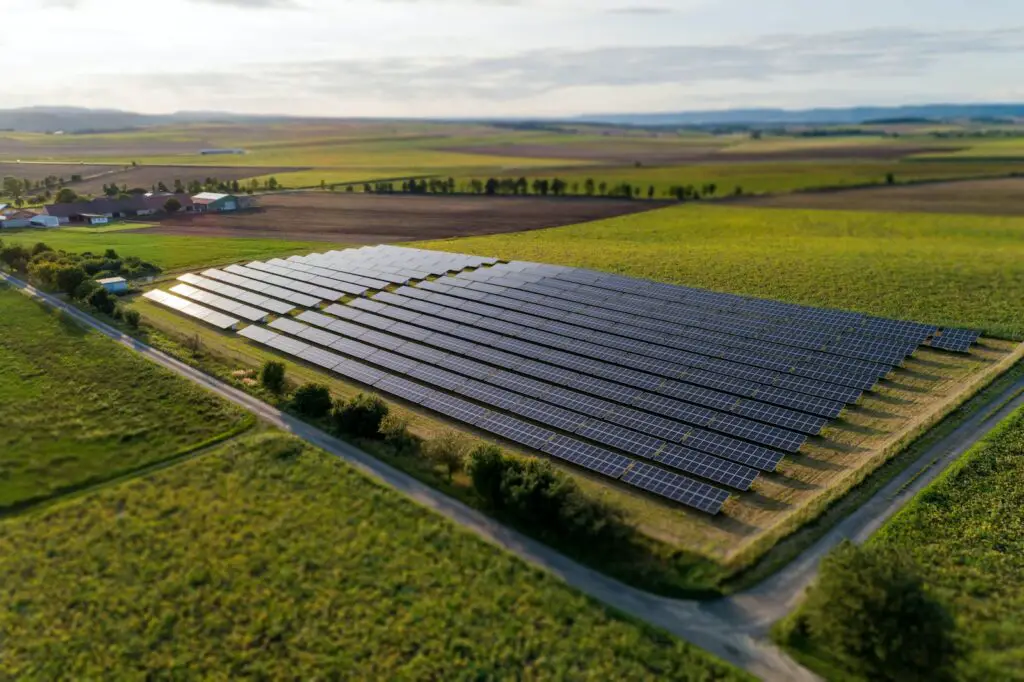Yes, solar panels can be repossessed. When solar panels are purchased through a loan or a financing agreement, the lender may hold a lien on the solar panels. This lien gives the lender the right to repossess the panels if the borrower defaults on their loan payments.
If the solar panels are leased, the leasing company retains ownership of the panels. In case of non-payment or breach of the lease agreement, the leasing company may have the right to repossess the solar panels.
In a PPA, a homeowner agrees to purchase the power generated by the solar panels installed on their property, but they do not own the panels themselves. In such cases, the PPA provider owns the panels and may remove them if the agreement is terminated or breached.
What Is a Solar Lien?
A lien is a legal right granted to a loan creditor over an asset used as collateral. This right can arise either from a court judgment or directly by the lender’s action. The lien serves two main purposes: ensuring repayment of a debt and securing an obligation.
The key element of a lien is the asset it covers, often the collateral. If the borrower fails to fulfill their obligations, the lender can seize this asset. Once seized, the lender may sell it to recover the defaulted amount. Meanwhile, the borrower cannot sell or dispose of the asset while under a lien.
In the context of solar panel financing, liens can be either consensual, agreed upon by both parties, or statutory, imposed by law. They are relevant primarily in secured loans, where the solar panel system itself often becomes the collateral. This aspect is particularly important during repossession proceedings.
What Can the Lender Do With Solar Panels in a Repossession Situation?
The lender might negotiate with the solar panel company to take the panels off. This could be cheaper than hiring someone else to remove them or lowering the property’s sale price to attract buyers.
If the property has value (equity), the lender can use this to cover the removal costs, subtracting them from the sale proceeds if the mortgage terms allow.
If the property doesn’t have extra value, these costs add to the sale’s shortfall, and the lender must decide whether to pursue recovering this shortfall.
To make things easier before repossession:
- It’s not practical to check every property for unauthorized solar panel leases, but some actions can help when thinking about taking over a property:
- When visiting a property before legal action, note if there are solar panels and if they’re leased.
- If there are leased panels, the lender should check if they approved this. If not, they can ask the borrower for the lease agreement and permission to talk to the solar panel company.
- If there’s no visit beforehand, the lender’s collection or legal team should try to find out about any solar panel leases during their usual recovery process. If it seems like there’s an unauthorized lease, they should ask the borrower for more information and permission to contact the panel provider.
- If the borrower helps out, the lender can talk to the solar panel company before repossessing the property to arrange for the panels’ removal.
These steps won’t fix every problem, but they’ll give the lender a better understanding of the situation before taking over the property. In some cases, they might even set up an agreement with the solar panel company for removing the panels.








